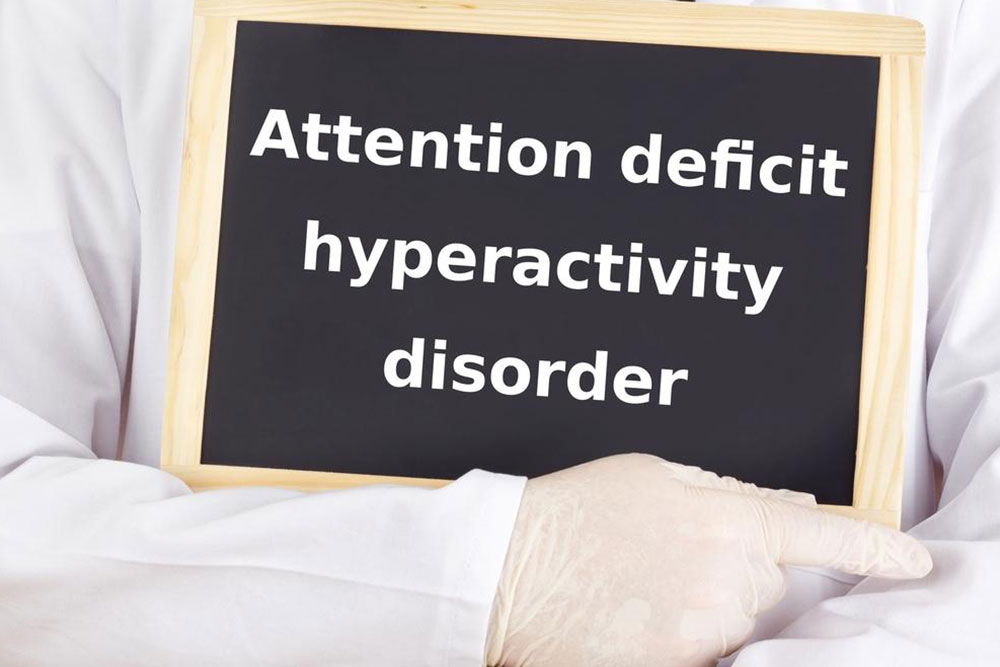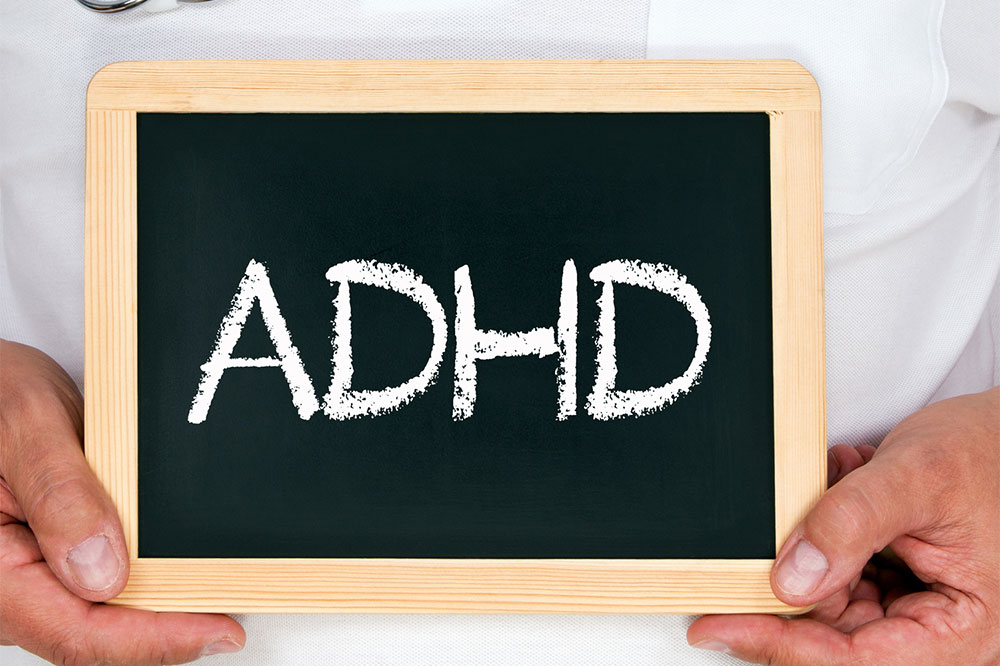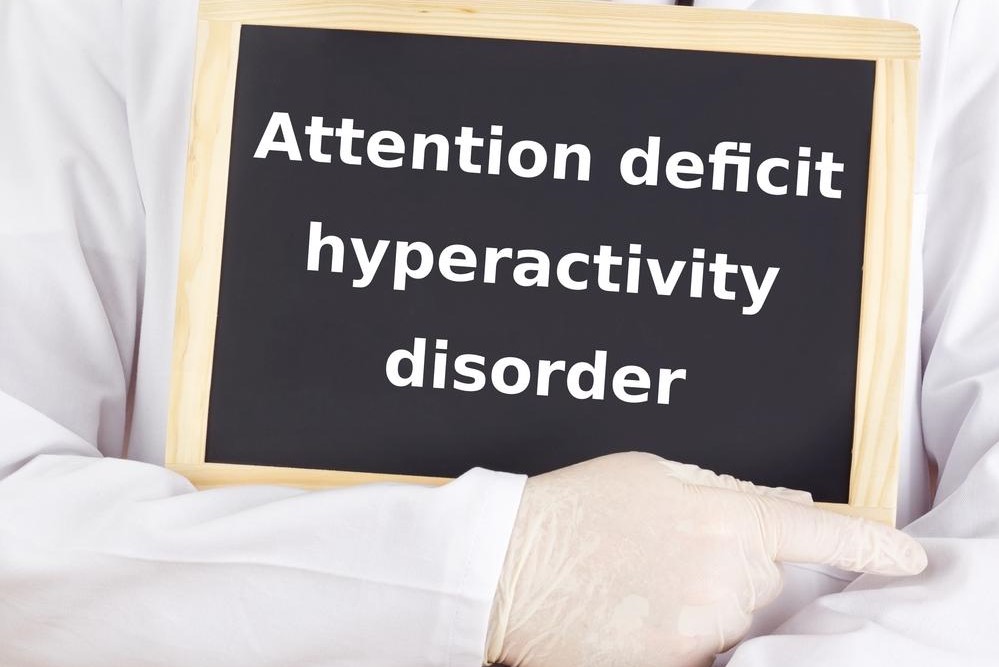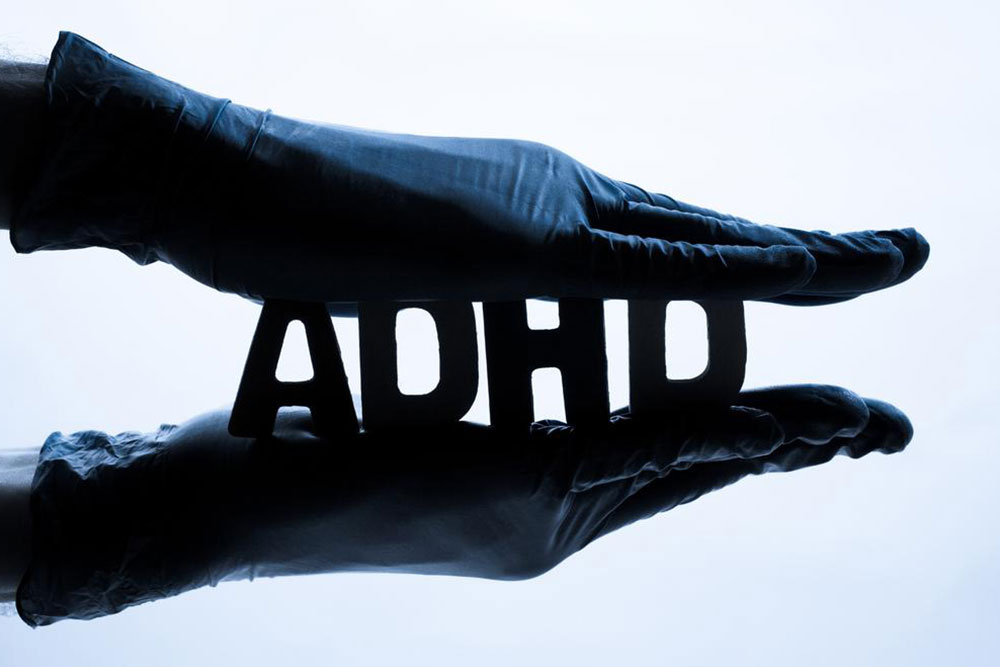Recognizing Symptoms of Attention Deficit Hyperactivity Disorder (ADHD)
This article discusses the symptoms of Attention Deficit Hyperactivity Disorder (ADHD), emphasizing early signs like hyperactivity, impulsivity, and emotional sensitivity. Recognizing these symptoms early and consulting healthcare professionals can significantly improve management and outcomes for affected children. The article offers insights for parents and caregivers on identifying potential indicators of ADHD to ensure timely intervention and support.

Attention deficit hyperactivity disorder (ADHD) is a neurodevelopmental condition primarily affecting children, especially around age seven. It is a serious, progressive disorder that requires early intervention to prevent adverse effects on a child's development. Children with ADHD often struggle to focus on tasks for extended periods, impacting their social interactions and academic performance.
Common signs of ADHD include excessive energy, impulsiveness, emotional sensitivity, and irritability. These children may seek risky activities, have difficulty controlling their emotions, and become frustrated easily. Early diagnosis and professional guidance are essential for managing symptoms effectively.
If you notice these behaviors in your child—such as hyperactivity, impulsivity, emotional outbreaks, or distraction—it’s important to consult a healthcare professional. Addressing ADHD early can improve outcomes and help children develop healthier coping strategies.
Note: The information provided aims to inform but should not replace professional medical advice. Always seek guidance from qualified healthcare providers for diagnosis and treatment options.










